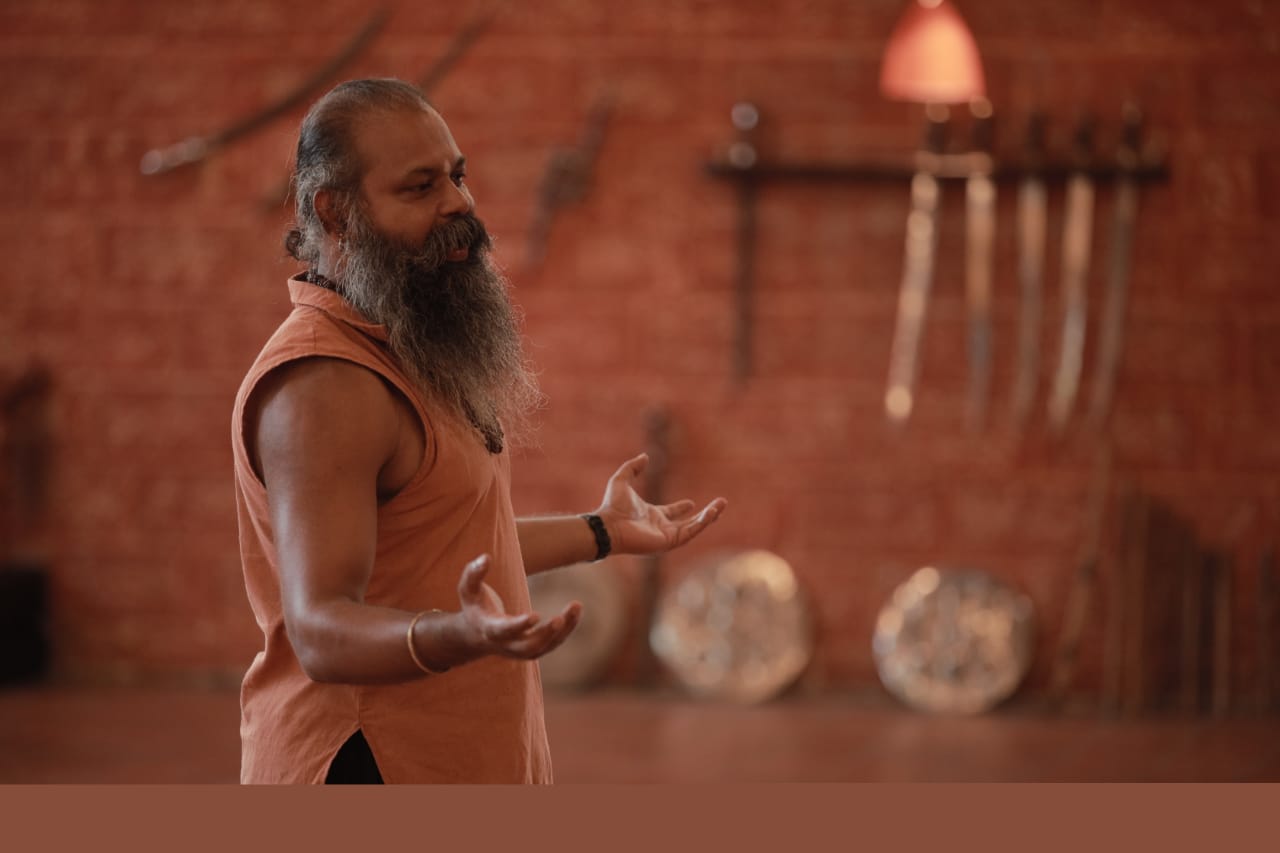Importance of guru in life
Importance of Guru in Life
Gurukkal Dr. S Mahesh
 |
| Gurukkal Dr. S Mahesh |
In the book "Biology of Belief," Dr. Bruce H. Lipton explains that from birth until seven years of age, the subconscious mind is in a formative state. Therefore, any information acquired during this time is saved in the subconscious mind in the form of programs. Hence, an individual is shaped. A person's culture is formed by the information retained in his mind since childhood. Language is one of the aspects of culture. The reason a Malayali child speaks Malayalam is due to their exposure to their mother tongue. A foreigner speaks English. Culture evolves through the expansion of the subconscious mind. An analytical mind is absent.
 |
| Gurukkal Dr. S Mahesh |
 |
| Gurukkal Dr. S Mahesh |
We tell children Mahabali visits during Onam.And we hold the belief that Mahabali will come.Similarly, for Christmas, we believe Santa Claus will come.When there is a shift in the analytical mind, we begin to think of the feasibility of these occurrences.So, this is the process by which the subconscious mind expands. During this process, the conscious mind plays no part.The subconscious mind is like a plain hard disk.Like all the files we offer are stored in the hard disk, every input we provide the subconscious mind is saved within.
This is what I previously mentioned as the formation of culture. Another crucial element is the acquisition of knowledge, which becomes essential.The other factor is a natural instinct.The inputs we provide contribute to shaping a culture.During this process of shaping thoughts in life, the presence of a knowledgeable guru holds great significance.This is because mothers and fathers have limitations imposed by their circumstances.
In the Gurukula sampradaya, the intervention from a knowledgeable individual holds importance during that developmental stage.The information imparted while the subconscious mind is being formed, especially when it comes from an informed guru, fosters the child's cultural development with a sense of refinement.
The Guru is able to show that the human mind has limitless possibilities.This is where the Guru becomes significant.A mother is the baby's original teacher (adi guru), being the first person the baby sees upon opening his eyes.The child naturally seeks to learn from the mother and begins to mimic what they observe from the moment they first gaze around. Child’s initially imitates the mother.Thus, the mother is the primary guru, followed by the father as the second and an acharyan or teacher as the third.The acharyan is responsible for facilitating knowledge acquisition through the most effective means.“Mata, Pita, Guru, Daivam”There is a fourth Guru, i.e. the God.We learn from our mother, father, guru, and even from God.
 |
| Gurukkal Dr. S Mahesh and Uva |
But where is God found?That’s when we realize that God resides within us.We search for God in places such as temples or hilltops, and even travel to find Him. However, we often misinterpret many things as God due to these searches.
Sivavakyar Siddhar says,
"Nattakallum pesumo nathanullirukkayil
Chutta chatti chattuvam karisuvei ariyumo"
A stone remains unaware of its inherent divinity.
Shivavakyar says, the God is within us
When God assumes the role of Guru, an inner voice emerges.A part of our thoughts and inspirations originate from within. As God takes on the role of Guru, boundless potential is realized.Many of our thought processes and inspirations come from within.During that thought process, when God becomes the Guru ‘you will be limitless.’There is a limitless possibility.Eventually, we arrive at a point where we realise our possibilities are limitless.Often, we believe our physical body is perishable and constrained by their own limitations, given the cycle of birth and death.The body undergoes growth, ages, and ultimately ceases, encapsulating our conventional viewpoint of its perishable nature.The body never decays.

.png)
.png)

Comments
Post a Comment